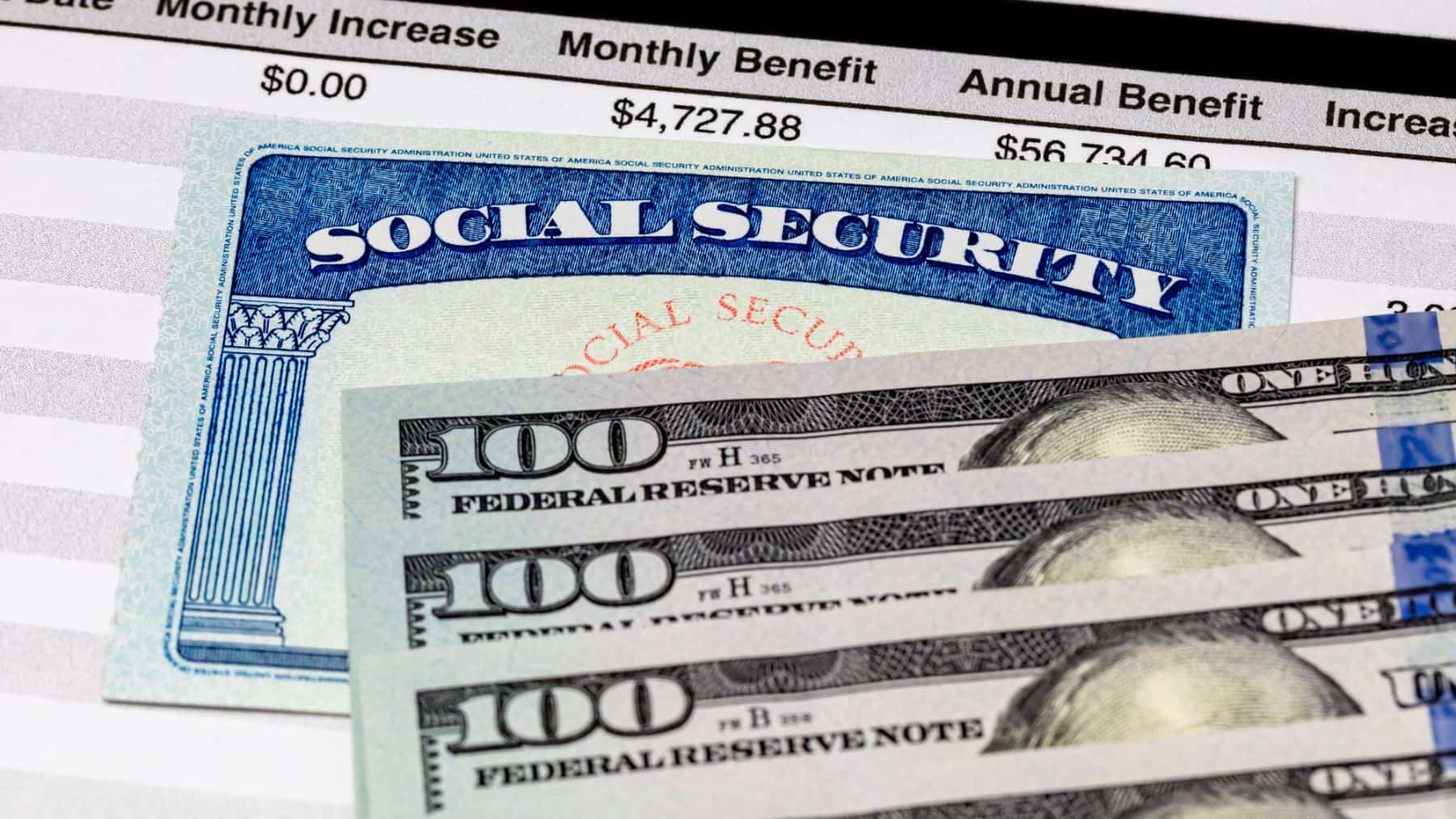There’s evidence suggesting a significant portion of the U.S. population might be facing challenges securing a financially secure retirement. A recent survey found that most retirees think the Social Security benefits system is in crisis, among other alarming findings about retirees’ savings and expenses.
It’s normal for people to worry about whether they are financially prepared for retirement, but it’s another thing when they start referring to retirement as a “crisis.” Increasing costs and outstanding debts are threatening the financial well-being of the boomer generation, and two in three US retirees say the country is in a retirement crisis, according to a recent survey.
A recent survey found that concerns about retirement security are well-founded, with 66% of retirees believing the U.S. faces a crisis, 40% fearing they’ll outlive their savings, and 19% already having done so. This aligns with the fact that the median retiree has only $142,500 saved, significantly lower than the recommended minimum of $572,000, further strained by the projected depletion of Social Security reserves in 2034, potentially leading to reduced benefits for future retirees.
Additionally, those who retired in 2021 or later are in even worse shape, with half sitting on $90,000 or less. Overall, the average retiree has about $269,078 in savings, still less than half the recommended amount for starting retirement.
American Financial Research’s additional discoveries
The survey, commissioned by Clever Real Estate, a real estate resource site, on Dec. 1-2, 2023, posed 27 questions to 1,000 Americans about their financial situation, retirement preparations, and worries surrounding retirement and financial planning.
Some of the most remarkable findings of the research were that, although 40% of retirees are worried about outliving their savings entirely, a staggering 46% still lack a plan if their savings run out. This unpreparedness is further highlighted by the fact that 25% of retirees have nothing saved for retirement, and 15% rely on their children for financial support.
Notably, women are disproportionately affected, with 38% more likely than men to report having no retirement savings. These statistics suggest a significant portion of the U.S. population may face financial hardship in their golden years.
Reasons behind the lack of plans among Americans
The survey revealed concerning reasons behind retirees’ lack of preparedness. Such as:
- 60% reported living paycheck to paycheck before retiring, leaving little room for savings. Unexpected expenses further strained finances for 41%, while 36% admitted to poor saving habits throughout their working lives.
- Perhaps most concerning, 24% mistakenly believed they could solely rely on Social Security, which often falls short of covering retirement expenses.
- Surprisingly, 13% simply stated, “I didn’t think I’d live this long,” highlighting a potential lack of awareness about life expectancy when planning for retirement.
All of these elements show how complicated the issues are that lead to the financial insecurity that many retirees experience.
Which strategies are Americans considering to increase their retirement income?
When faced with financial shortfalls, a significant portion of retirees turn to various strategies to supplement their income.
- Part-time employment (22%) proves to be the most popular choice, followed by selling possessions (18%) likely to convert unused items into cash.
- Seeking cost-saving measures also features prominently, with 15% considering relocation to a cheaper area. Additionally, 12% opt for occasional paid tasks, indicating a preference for flexible work.
- Interestingly, 10% even consider selling their homes, potentially suggesting a willingness to downsize for improved financial security.
Non-mortgage debt for retirees averages more than $15,300
About two out of every three retirees (63%) say they have non-mortgage debt as of 2024. Credit card debt makes up a large portion of the $15,393 in non-mortgage debt owed by the average retiree. These are the top debt categories among retirees:
- Credit card debt (42%)
- Mortgage debt (26%)
- Auto loan debt (17%)
- Medical debt (13%)
- Personal loans (11%)
